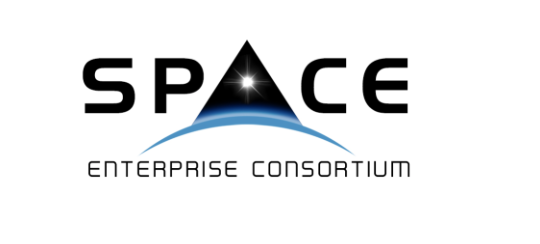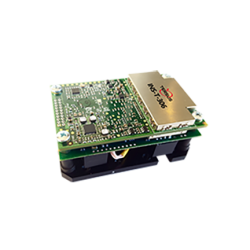A new consortium has been formed to enable government to more quickly find innovative solutions to space-related technology problems including those involving satellite navigation.
Formed in August the Space Enterprise Consortium (SpEC) is a contract vehicle for the use of Other Transactional Authority (OTA). Run by Advanced Technology International (ATI) it has a long list of members including some names that should be very familiar to the navigation community including Lockheed Martin, Boeing, Braxton and Raytheon. SpEC has already been the conduit for the soon-to-be-awarded contract for Navigational Technology Satellite-3 GEO (NTS-3), an Air Force Research Laboratory program to develop advance solutions in signals, digital PNT payload components and satellite navigation (SatNav) prototyping for both space and ground segments.
Another solicitation is expected from the Space and Missile Systems Center sometime soon for a risk reduction and prototyping effort aimed at advancing a Military GPS User Equipment (MGUE) modernized, “joint, common, handheld GPS receiver.”
OTA is an increasingly popular mechanism for government to interact and contract with industry in a way that is both faster and more collaborative. A typical turnaround time between solicitation and award is about 80 days, said Brian Delamater, SpEC’s executive director and program manager. That is largely made possible by the collaboration that an OTA arrangement enables before a contract solicitation is released.
“When the government has an idea under FAR (the Federal Acquisition Regulations) it’s not impossible, but it’s difficult, to have a conversation with industry—especially those members of industry who are likely to bid on an effort,” said Delamater. Under an OTA arrangement, he said, government officials can meet with consortium members and talk about the problems that they’d like to get solved. They can “come to an understanding between industry and government as to what is exactly needed — so that when the solicitation comes out everybody is very clear about what the government needs and the government is clear about what the art of the possible is.”
Those kinds of conversations, and the support provided by ATI, speeds the contracting process along considerably. ATI vets its members in advance, puts out the solicitations, gathers the responses, does compliance checking and gets the responses to government officials who evaluate them and negotiate a deal.
Those evaluations also can go much quicker because there’s none of the restricted give and take as is the case after a FAR-based solicitation goes out and everybody can be much more responsive, said Delamater.
The responses can also be simpler and more varied. Prospective contactors may be asked for a full proposal or something closer to an executive summary of an idea.
An enhanced white paper is something that we can get that has sort of a rough magnitude of cost and a description of the solution, Delamater said. The government can select one of those and then work out the specific contract.
The government decides if a solicitation appears on both FedBizOps.com and the SpEC members-only website or is released only to consortium members.
ATI does not participate in the technical work but it does provide training as well as vetting, particularly to the “nontraditional” companies firms that OTA consortiums like SpEC are meant to attract.
ATI has courses and webinars to help new players achieve a more level playing ground with organizations that have a great deal of experience working with the government, said Bob Tuohy, ATI’s chief operating officer. SpEC will also work with firms to help them understand what their rights are, how they can protect data and intellectual property and where their flexibilities are.
SpEC can also walk firms through the approval process necessary to gain access to contactor-only information that is essential for pursuing contracts. It is necessary to have a Dun and Bradstreet number and a Commercial and Government Entity Code number or CAGE Code.
“That’s a security designation or the way that the security folks identify companies,” said Tuohy.
They also need a DD2345, which gives a company access to solicitation information. Getting a DD2345 is largely “mirrored after the process that a company would need to go through in order to have access to the material on Fed Biz Ops.”
ATI can help companies through the process, which may take just a matter of weeks. For those companies that have already done the paperwork, joining SpEC can take just a few days — and modest fee. For a large traditional defense contractor like Boeing the annual membership fee is $2,500. To help bring in small, nontraditional companies, the annual fee is just $500 dollars.
“We have been accepting on average recently three or four members a week,” said Delamater.






